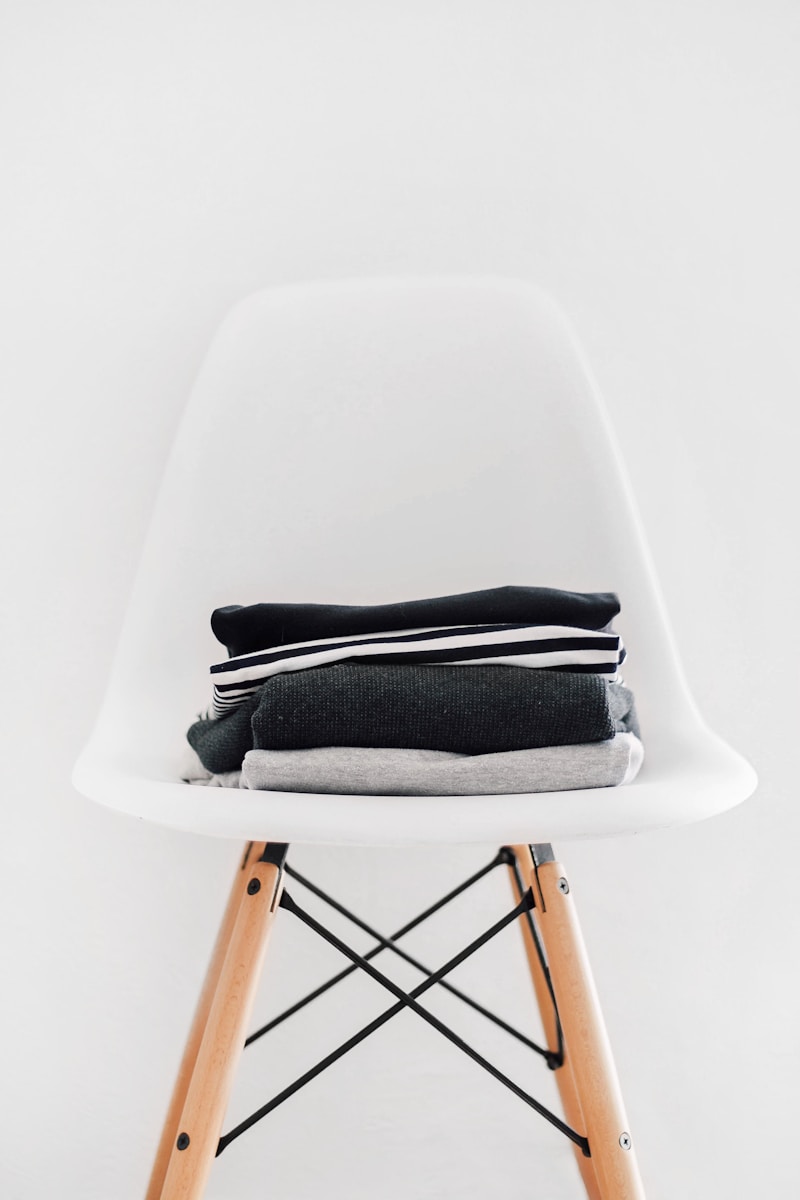Designing a Custom Look: Unleashing Your Unique Style
Designing a Custom Look: Unleashing Your Unique Style
Introduction to Custom Design
In the world of fashion and personal expression, designing a custom look has gained significant traction. Whether you are looking to stand out in a crowd, express your individuality, or simply want something unique, custom designs offer a canvas to reflect your personal style. This article takes you through the process of designing a custom look, exploring everything from planning your design to the final execution. We will also touch upon some related questions that others are asking in this domain.
Understanding Your Style
The first step in designing a custom look is understanding your own style preferences. This can vary widely from person to person. Consider these points:
- What colors do you gravitate towards?
- Do you prefer classic, modern, or eclectic styles?
- Are there cultural influences that resonate with you?
By answering these questions, you can begin to define your unique design aesthetic. This is crucial as it lays the foundation for your custom look.
Researching Trends and Influencers
Before diving into the design process, it's helpful to research current fashion trends and notable influencers in the custom design sphere. Looking at how others tackle designing a custom look can offer valuable insights and inspiration. Social media platforms such as Instagram and Pinterest are fantastic resources. You can follow influencers who specialize in custom looks to gather ideas.

Sketching Your Ideas
Once you have a clearer idea of your style, it's time to put pen to paper. Sketching your ideas is a vital step in designing a custom look. Your sketches don’t have to be masterpieces; the goal is to visualize your thoughts. Consider creating a mood board that includes colors, fabrics, textures, and design elements that resonate with you.
Utilizing Technology
In today’s digital age, numerous software options can aid in sketching your custom design. Programs like Adobe Illustrator or free applications such as Canva allow you to create digital designs, providing a clearer view of your envisioned look. Using technology can enhance your creativity and help in visualizing what you want more effectively.
Selecting Materials
Materials play a crucial role in designing a custom look. The choice of fabric can significantly affect the overall feel and drape of your outfit. Here are some materials to consider:
| Fabric Type | Characteristics | Best For |
| Cotton | Breathable, easy to maintain | Casual wear |
| Silk | Luxurious, smooth, flowy | Evening wear |
| Denim | Durable, versatile | Casual, street style |
| Wool | Warm, structured | Winter wear |
Understanding the characteristics of different fabrics can help you select the right materials for your design. Make sure to consider the season and occasion for which you are designing.
Finding a Skilled Tailor or Designer
With your ideas and materials established, it’s time to bring your vision to life. Finding a skilled tailor or designer who specializes in custom looks is crucial. Ensure that you:
- Check their previous work for style alignment.
- Discuss your ideas clearly and provide them with any sketches or references.
- Discuss the timeline, cost, and any adjustments needed as you go through the process.
A good tailor will not only execute your design but may offer additional advice and expertise that can elevate your custom look.
Fitting Sessions
Once the initial design is made, fitting sessions are imperative. This stage allows you to identify any changes that may be necessary in terms of size, style, or comfort. Remember, designing a custom look is a collaborative process—don't hesitate to voice your opinions or concerns.
Choosing Accessories
An outfit is never complete without accessories. When designing a custom look, consider how the right accessories can enhance your overall appearance. This includes:
- Jewelry
- Bags
- Shoes
- Hats and scarves
Your choice in accessories can either complement or contrast your main design, adding a unique flair to your custom look.
Conclusion and Final Thoughts
Designing a custom look is an empowering journey that allows you to express your individuality and creativity. By understanding your style, sketching ideas, selecting appropriate materials, collaborating with the right professionals, and finalizing your design with accessories, you can create something truly unique. Remember to take your time throughout the process and enjoy the experience. As with any artistic endeavor, allow yourself the freedom to experiment and adjust as needed. Your custom look is a reflection of you, so make it count!
In summary, ask yourself if you truly understand your personal style, take the time to research and sketch your ideas, and collaborate effectively with designers. Approach this process with an open mind and a creative spirit to craft a look that is undeniably yours.
